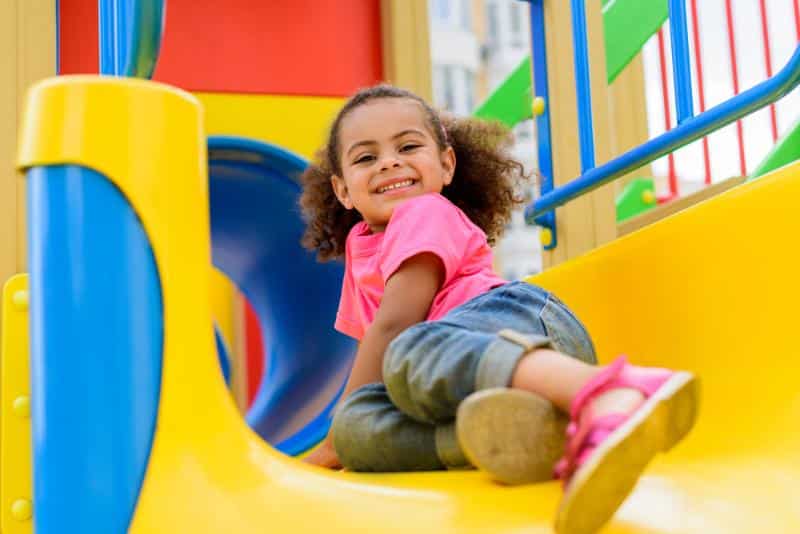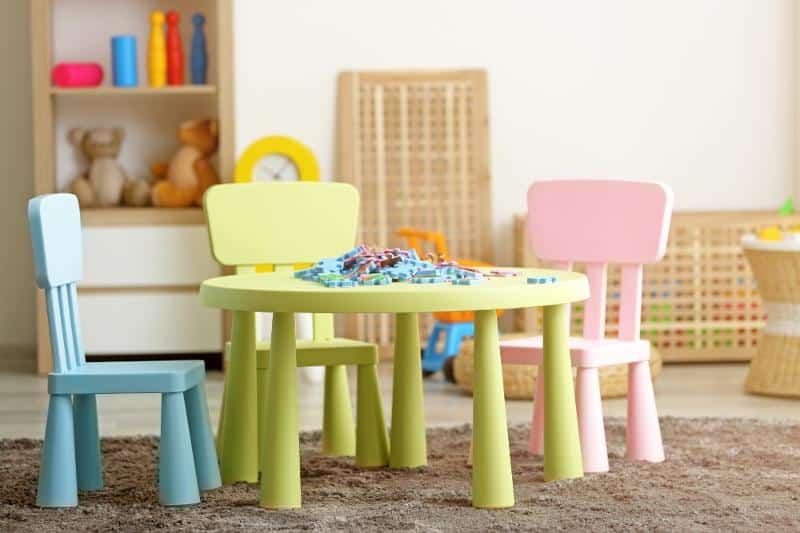The world of play is not confined to children’s games in the park. It extends far beyond, influencing behavior, shaping personalities, and even impacting mental health. In this article, we delve into the intricate realm of the Psychology of Play, unraveling its various dimensions and exploring its profound effects on human behavior. Elevate playroom style with a trendy kids table and chairs collection to create an environment that fosters not only enjoyment but also enhances the psychological benefits of play.

The Psychology of Play is a fascinating field that examines the impact of play on human behavior. Whether it’s the joyous laughter of children engaged in a game or the strategic moves of adults in a boardroom, play is an inherent part of the human experience. Understanding this psychological aspect is crucial for comprehending how individuals interact with their surroundings.
Play is a fundamental aspect of human behavior that has been studied by psychologists for decades. It is a universal activity that is enjoyed by people of all ages and cultures. Play is often associated with children, but it is also an important part of adult life. In this article, we will explore the psychology of play and its influence on behavior.
Historical Perspective
To comprehend the Psychology of Play, we must trace its roots through history. Evolutionary aspects reveal that play has been integral to the survival of species, promoting skills necessary for hunting, gathering, and social cohesion. Cultural influences further shape the nature and significance of play across diverse societies.
The Benefits of Play
Play has many benefits for individuals of all ages. It is a natural way to learn and develop new skills. Play can help to improve cognitive function, creativity, and problem-solving skills. It can also help to reduce stress and improve overall well-being.
Cognitive Function
Play has been shown to improve cognitive function in both children and adults. It can help to improve memory, attention, and concentration. Play can also help to improve problem-solving skills by encouraging individuals to think creatively and come up with new solutions to problems.
Creativity
Play is a natural way to encourage creativity. It allows individuals to explore new ideas and concepts in a safe and non-judgmental environment. Play can help to foster imagination and encourage individuals to think outside the box.
Stress Reduction
Play can be an effective way to reduce stress and improve overall well-being. It can help to promote relaxation and reduce anxiety. Play can also help to improve mood and increase feelings of happiness and well-being.
The Influence of Play on Behavior
Play can have a significant influence on behavior. It can help to shape personality, social skills, and emotional development. Play can also help to improve communication skills and promote positive relationships.
Personality Development
Play can help to shape personality by encouraging individuals to explore different aspects of themselves. It can help to promote self-awareness and encourage individuals to develop a sense of identity. Play can also help to improve self-esteem and promote a positive self-image.
Social Skills
Play can help to improve social skills by encouraging individuals to interact with others in a safe and non-judgmental environment. It can help to promote empathy and encourage individuals to develop a sense of community. Play can also help to improve communication skills by encouraging individuals to express themselves in a variety of ways.
Emotional Development
Play can help to promote emotional development by encouraging individuals to explore their emotions in a safe and non-judgmental environment. It can help to promote emotional regulation and encourage individuals to develop coping skills. Play can also help to improve emotional intelligence by encouraging individuals to recognize and understand the emotions of others.

Conclusion
The Psychology of Play is a vast and dynamic field that touches every aspect of human life. From childhood innocence to adult responsibilities, play weaves through our existence, influencing behavior in subtle yet profound ways. For those seeking a deeper understanding of behavioral dynamics, resources like an ABA study group can be invaluable, offering insights into the science of behavior and its practical applications. Recognizing the multifaceted nature of play enhances our understanding of ourselves and others.
FAQs – Understanding the Psychology of Play
- Is play only for children, or does it have significance for adults as well?
- Play is essential across all age groups, contributing to various aspects of development and well-being.
- How can play be incorporated into a busy adult’s schedule?
- Simple activities, such as short breaks, hobbies, or social interactions, can infuse play into daily routines.
- Does digital play have the same psychological benefits as traditional forms of play?
- While digital play offers unique experiences, the psychological benefits can vary. It’s crucial to strike a balance.
- Can excessive play lead to addiction?
- Yes, excessive play, especially in digital realms, can lead to addictive behaviors. Awareness and moderation are key.
- What role does play have in maintaining mental health?
- Play serves as a therapeutic tool, aiding in stress reduction, emotional regulation, and overall mental well-being.

